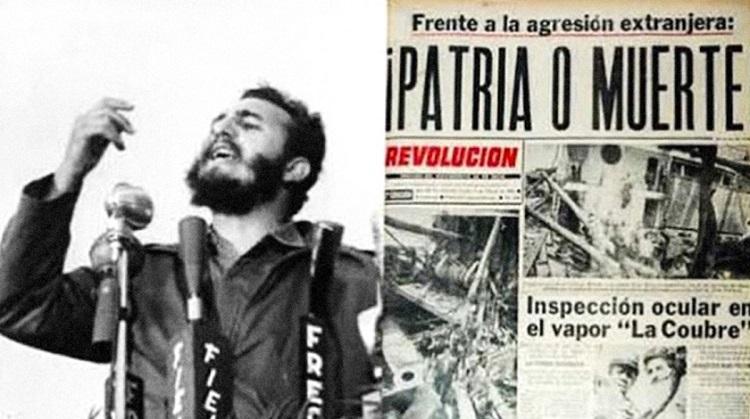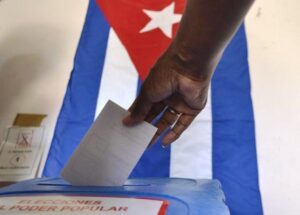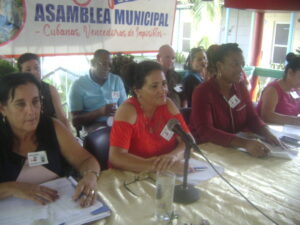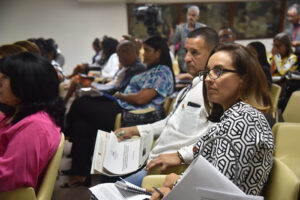Cuba maintains today the will to resist external aggressions and attempts to subvert its revolutionary process by raising the slogan «Homeland or Death», first pronounced 64 years ago by Fidel Castro.
The phrase was said at the farewell mourning for the victims of the sabotage of the French steamship La Coubre in Havana port (March 4, 1960), in which the historic leader of the Revolution showed evidence of the involvement of the U.S. Government in the crime and expressed the determination to confront the growing hostility of Washington.
The ship had arrived in the Cuban capital with weapons and ammunition acquired in Belgium by the nascent Revolution for its defense against the increase of external aggressions, and was sabotaged, resulting in the death of a hundred people and the wounding and mutilation of another 400.
Fatherland or Death! accompanied since then the Cuban battles for their rights to self-determination, sovereignty and independence, in line with the slogan Freedom or Death, historical dilemma that drove the wars for the liberation from Spanish colonialism in the 19th century.
The certainty that «To die for the homeland is to live» is contained since 1868 in the National Anthem, popularized after the capture of Bayamo (east) when the Cuban people assumed it as their call to fight for the freedom of the homeland.
Such determination is also present in the work Abdala (1869) of the National Hero José Martí when he said: «To die for the Homeland rather than see it from the barbarian oppressor cowardly slave.
Currently there are those who distort history and give a wrong and opportunistic approach to the phrase as part of the strategy to decontextualize the national symbols, according to experts.
According to Cuban historian Paula Ortiz, the slogan does not state that people want to die, nor does it hyperbolize death, but rather expresses that in order to defend the Homeland, if necessary, even life is offered.




